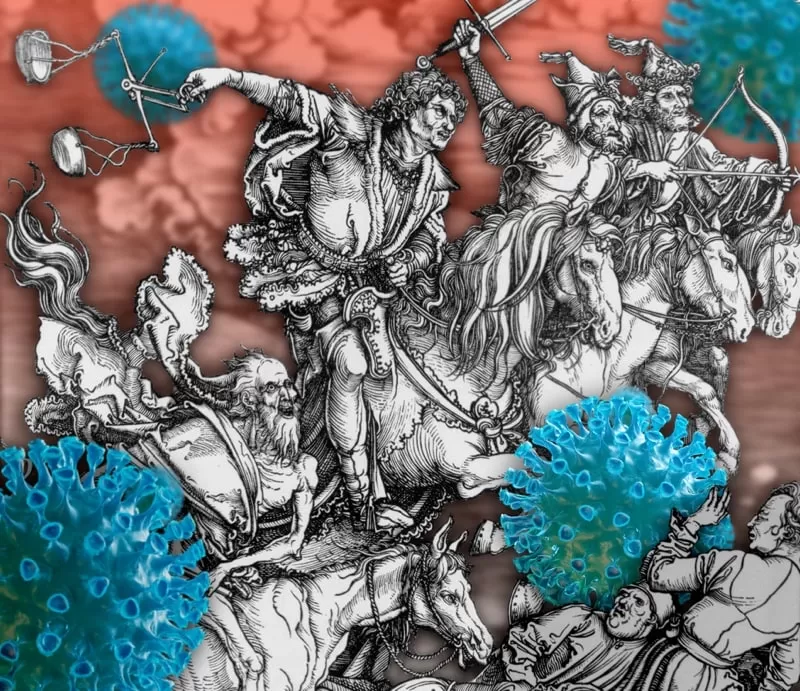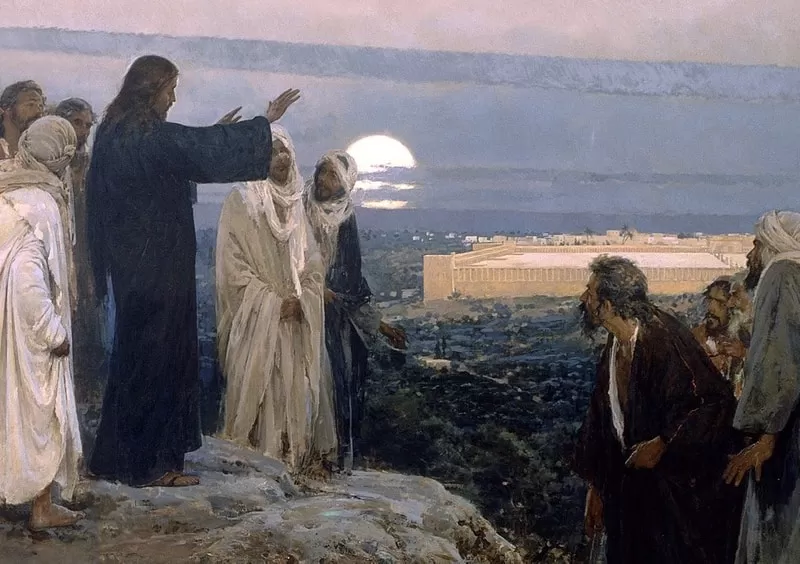Review of Steve Chalke’s The Lost Message of Paul, part 2: a digression
I made the comment in part 1 of this review of Steve Chalke’s The Lost Message of Paul that he has worked hard to integrate recent New Testament scholarship into his analysis of Paul but that in the end his personal judgment as a post-evangelical pastor gets the better of him. That started me thinking about a little schematisation of the different standpoints from which we interpret the New Testament and of the different hermeneutical journeys that we are on. Then I’ll get back to the details of his attempt to rescue the lost message of Paul.




Recent comments